Provincetown, Massachusetts, holds a storied history that spans centuries and encompasses a rich tapestry of cultural, maritime, and social influences.
Situated at the tip of Cape Cod, Provincetown’s history is intertwined with its coastal location, shaping its identity as a vibrant and diverse community.
Provincetown holds historical significance as the site where the Mayflower first landed in 1620, marking the Pilgrims’ arrival in the New World.
The signing of the Mayflower Compact aboard the ship established principles of self-governance and democracy, shaping the course of American history.
From its indigenous roots to its pivotal role in American history as the site of the Mayflower’s landing, Provincetown’s past is a testament to its enduring legacy.
Understanding the history of Provincetown offers insights into its evolution from a remote fishing village to a renowned arts destination and LGBTQ+ haven.
Provincetown Massachusetts History
Provincetown, Massachusetts, holds a rich tapestry of history that has shaped its unique identity as a vibrant coastal community.
Here are some historical pieces of evidence that illuminate Provincetown’s captivating history:
Indigenous Settlement
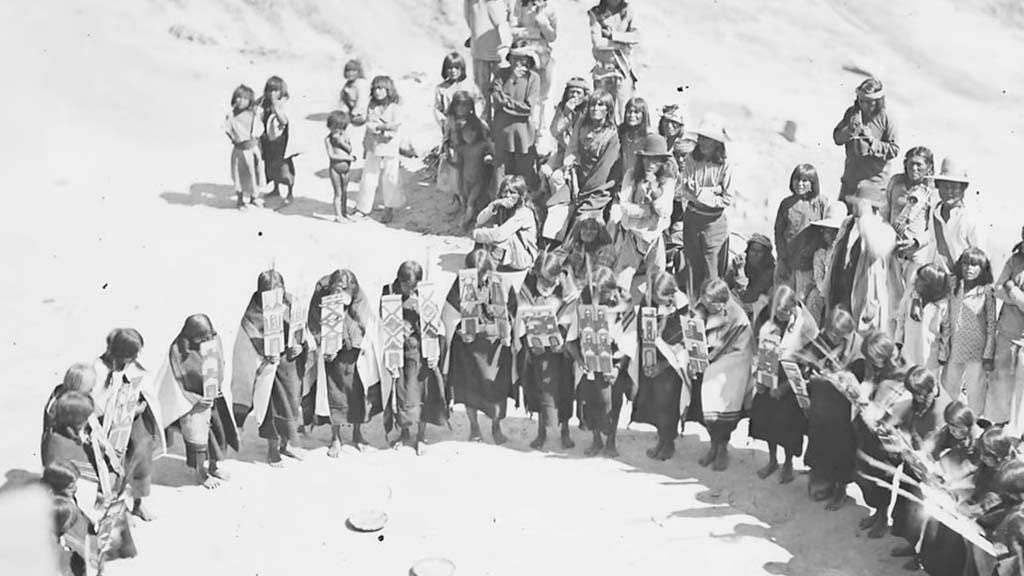
Provincetown was originally inhabited by the Nauset tribe of the Wampanoag Confederacy, who relied on the area’s abundant natural resources for sustenance and trade.
Evidence of indigenous settlements, including shell middens and burial grounds, attests to the long-standing presence of Native American communities in the region.
Mayflower Compact Signing
In November 1620, the Mayflower Compact was signed aboard the Mayflower anchored off the coast of Provincetown Harbor.
This historic document established a framework for self-governance and cooperation among the Pilgrims and other settlers, laying the foundation for democratic principles in America.
Pilgrim Landing
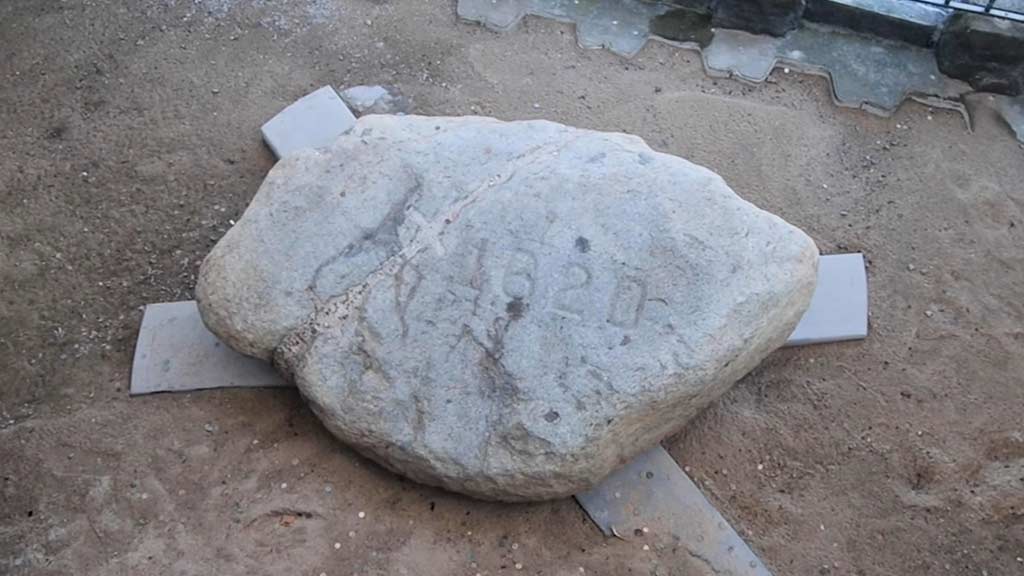
Provincetown holds the distinction of being the site of the Mayflower’s first landing in the New World in 1620.
After spending several weeks exploring Cape Cod, the Pilgrims disembarked at Provincetown’s tip before eventually settling in Plymouth, Massachusetts.
Whaling Industry
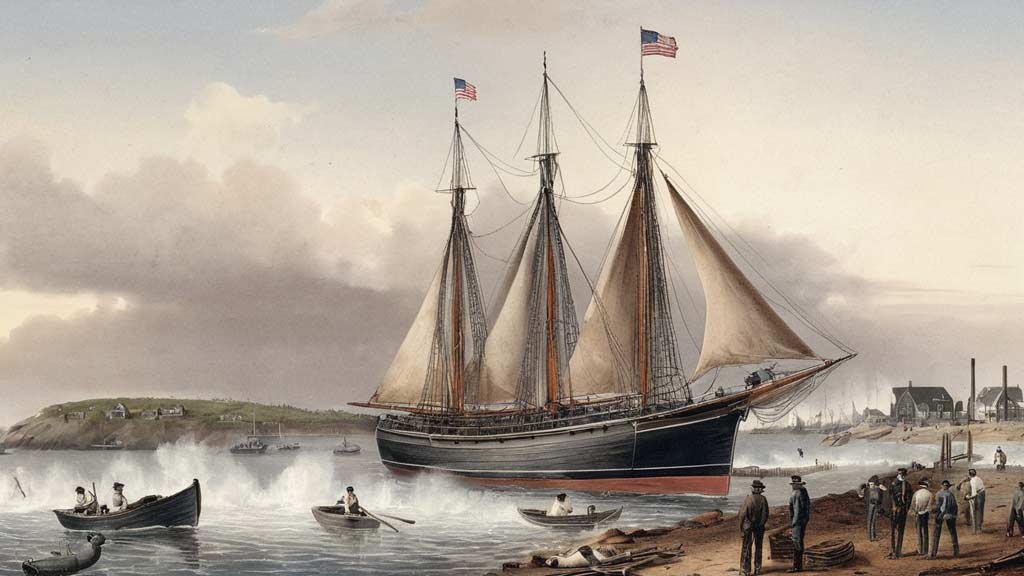
In the 19th century, Provincetown emerged as a thriving whaling port, playing a significant role in the American whaling industry.
Whaling ships departed from Provincetown Harbor on perilous voyages to hunt for whales in distant waters, bringing wealth and prosperity to the town.
LGBTQ+ History
Provincetown has a rich LGBTQ+ history, dating back to the early 20th century when it became a sanctuary for individuals seeking acceptance and freedom of expression.
The town’s inclusive and progressive ethos has made it a beacon of LGBTQ+ culture and activism, earning it the nickname “America’s First Destination.”
Artistic Colony
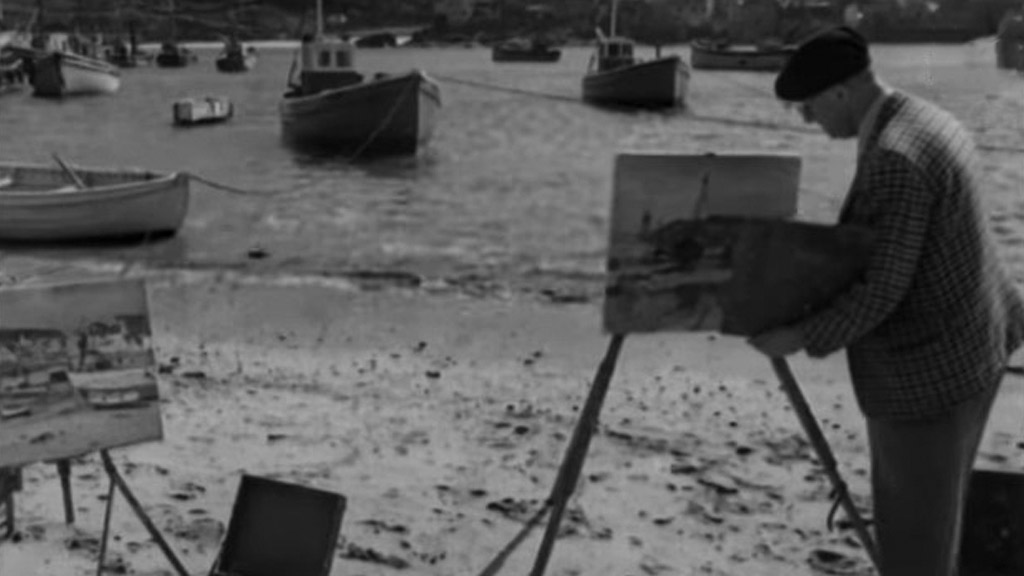
Provincetown has long been a haven for artists, writers, and bohemians seeking inspiration and creative freedom.
Beginning in the late 19th century, Provincetown became a magnet for artists attracted by its picturesque landscapes, vibrant culture, and sense of community.
Maritime Heritage
Provincetown’s maritime heritage is celebrated through its iconic landmarks, such as the Pilgrim Monument and Provincetown Museum, which commemorate the town’s seafaring history.
Exhibits and artifacts offer insights into Provincetown’s maritime traditions, including fishing, whaling, and shipbuilding, preserving its nautical legacy for future generations to appreciate.
Fishing Industry
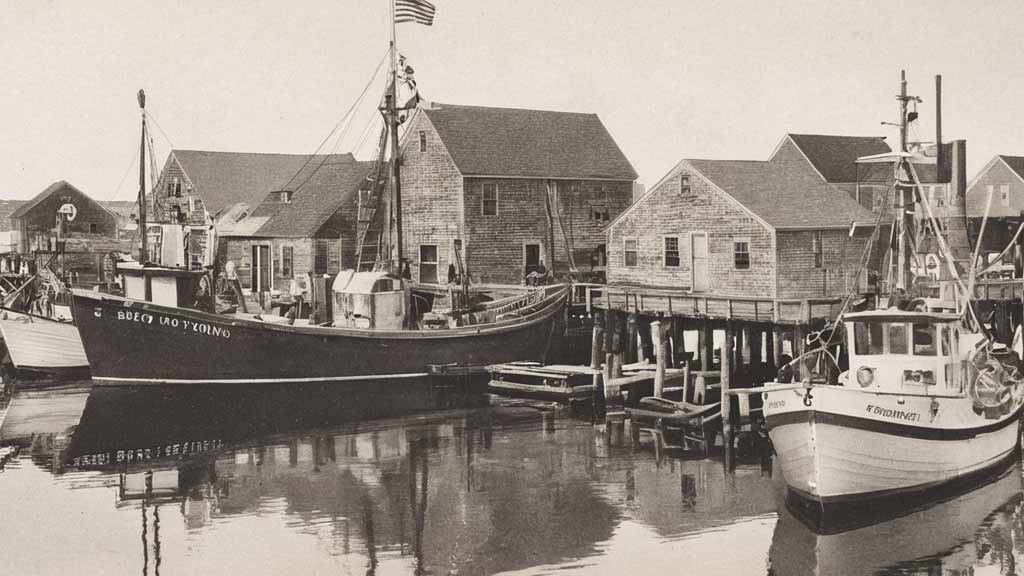
Throughout its history, Provincetown has been closely linked to the fishing industry, with its natural harbor providing a strategic base for commercial fishing operations.
From the early days of handline fishing to modern-day commercial fleets, fishing has been a vital economic lifeline for the town, shaping its economy and culture.
Portuguese Immigration
In the late 19th and early 20th centuries, Provincetown experienced a significant influx of Portuguese immigrants, primarily from the Azores and Cape Verde Islands.
These immigrants brought their rich cultural heritage, including traditions, cuisine, and language, enriching the fabric of Provincetown’s community and leaving a lasting impact on its identity.
Provincetown Players
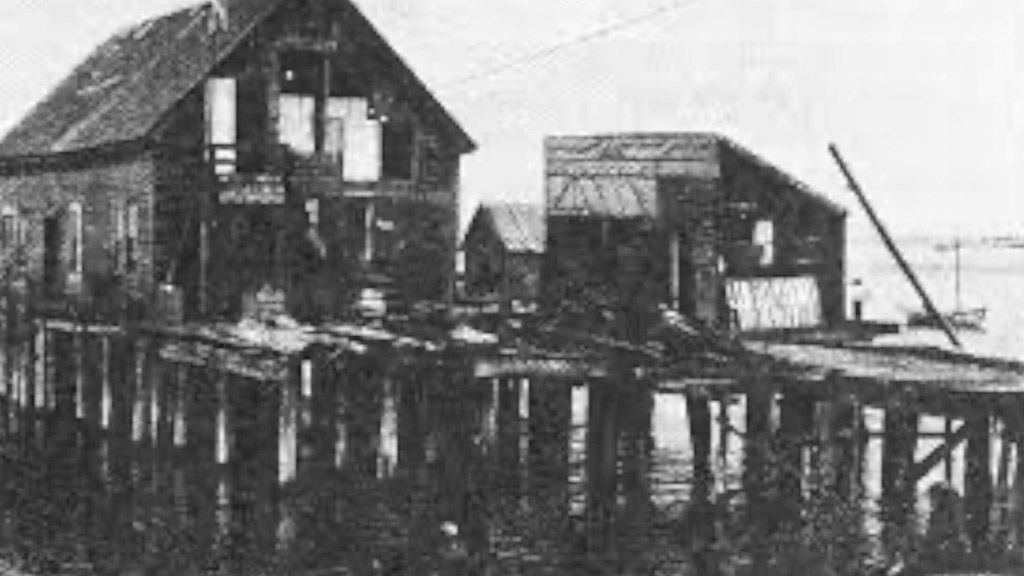
In 1915, the Provincetown Players, a pioneering theater group, was founded in Provincetown.
Led by playwrights such as Eugene O’Neill and Susan Glaspell, the Provincetown Players played a pivotal role in the development of American theater, staging groundbreaking productions that challenged conventions and pushed artistic boundaries.
Dune Shacks
Provincetown’s scenic dune landscape has long been a source of inspiration for artists, writers, and nature enthusiasts.
In the early 20th century, rustic dune shacks began to dot the coastline, providing secluded retreats for creative individuals seeking solitude and inspiration amid the natural beauty of Provincetown’s dunes.
Military History
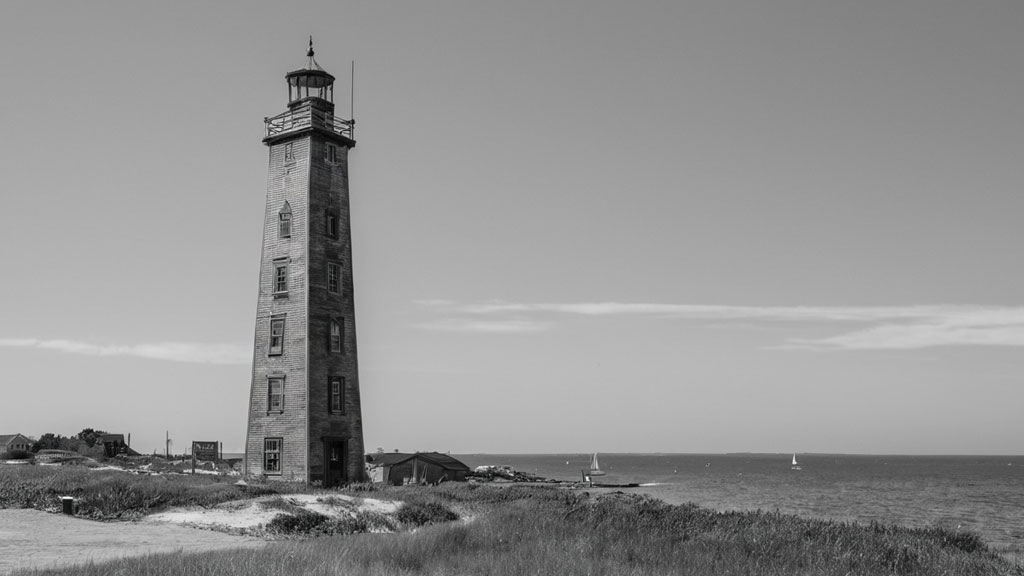
During World War II, Provincetown played a strategic role in coastal defense efforts, with military installations and observation towers erected along its shores to protect against potential enemy threats.
The town’s strategic location at the tip of Cape Cod made it a key outpost for monitoring and patrolling the Atlantic coastline.
Commercial Street
Commercial Street, Provincetown’s bustling thoroughfare, has been the heart of the town’s commercial and social life for generations.
Lined with shops, galleries, restaurants, and theaters, Commercial Street embodies the eclectic charm and vibrant energy of Provincetown, attracting visitors and residents alike to its vibrant streetscape.
Environmental Conservation
Provincetown is committed to environmental conservation and sustainability, with efforts focused on protecting its pristine natural habitats, including beaches, dunes, and marshlands.
Conservation initiatives aim to preserve Provincetown’s natural beauty and biodiversity for future generations to enjoy, ensuring that its ecological legacy endures for years to come.
Who Were The First Settlers In Provincetown?
The first settlers in Provincetown were the indigenous peoples of the area, namely the Nauset tribe of the Wampanoag Confederacy.
These Native American inhabitants had lived along the shores of what is now Provincetown for centuries before the arrival of European explorers.
The Nauset people relied on the rich natural resources of the region for sustenance and trade, fishing in the abundant waters, hunting game in the surrounding forests, and gathering shellfish along the coastline.
They established seasonal campsites and villages in the area, living in harmony with the land and sea. Their presence and cultural heritage left an indelible mark on Provincetown’s landscape and history, shaping the town’s identity as a coastal enclave with deep indigenous roots.
Is Provincetown MA A Good Place To Live?
Provincetown, Massachusetts, is renowned for its scenic beauty, vibrant culture, and diverse community. Here are some reasons why Provincetown is a great place to live:
Cultural Diversity
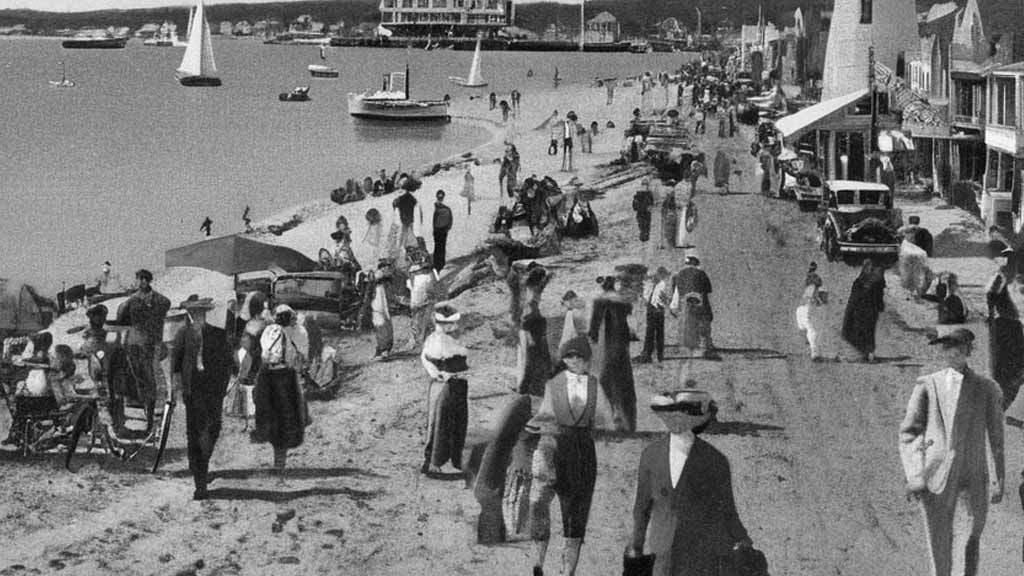
Provincetown is celebrated for its diverse population and inclusive community. Residents of all backgrounds and lifestyles are welcomed with open arms, fostering a sense of acceptance and belonging that is rare to find elsewhere.
Arts and Entertainment
As an artistic hub, Provincetown boasts a vibrant arts scene with numerous galleries, theaters, and performance spaces. Residents can immerse themselves in a rich tapestry of cultural offerings, from avant-garde exhibitions to world-class theater productions.
Outdoor Recreation
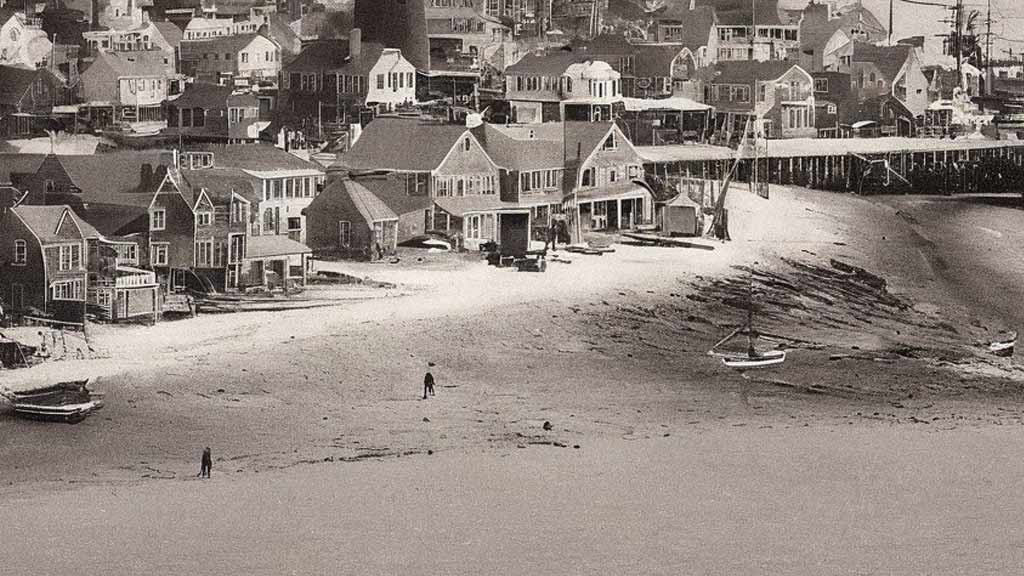
With its pristine beaches, scenic trails, and waterways, Provincetown offers abundant opportunities for outdoor recreation.
Whether you enjoy swimming, hiking, kayaking, or simply soaking in the natural beauty, there’s something for everyone to enjoy in Provincetown’s great outdoors.
LGBTQ+ Friendliness
Provincetown has long been a haven for the LGBTQ+ community, earning a reputation as one of the most LGBTQ+-friendly towns in the country.
Residents can openly express their identities and celebrate diversity in a supportive and inclusive environment.
Culinary Delights
Provincetown’s culinary scene is a gastronomic paradise, with an array of restaurants, cafes, and eateries offering delectable cuisine from around the world.
From fresh seafood to farm-to-table fare, there’s no shortage of delicious dining options to explore.
Community Spirit
Provincetown’s tight-knit community spirit is evident in its numerous festivals, parades, and events that bring residents together to celebrate shared interests and traditions.
Whether it’s the annual Carnival parade or the Blessing of the Fleet ceremony, there’s always something happening to foster connections and camaraderie.
Natural Beauty
Above all, Provincetown is cherished for its breathtaking natural beauty. From its sweeping dune landscapes to its picturesque harbor views, the town’s scenic vistas never fail to inspire awe and wonder.
Living in Provincetown means waking up each day to the sights and sounds of paradise, making it truly a wonderful place to call home.
Conclusion
The history of Provincetown, Massachusetts, is a testament to its resilience, diversity, and cultural significance.
From its early indigenous inhabitants to its thriving arts scene and progressive community, Provincetown’s history is a reflection of its unique character and spirit.
By exploring the town’s past, we gain a deeper appreciation for its heritage and the forces that have shaped its identity over time.
As Provincetown continues to evolve, its rich history remains an integral part of its charm and allure, drawing visitors and residents alike to experience its vibrant culture and scenic beauty.
Jaclyn Lowe